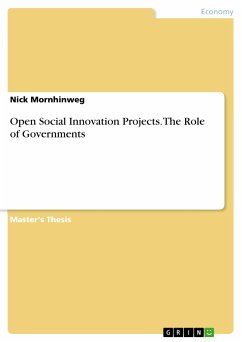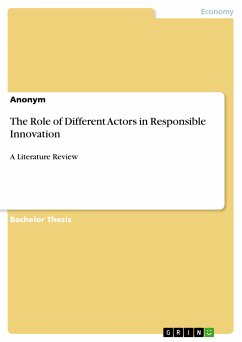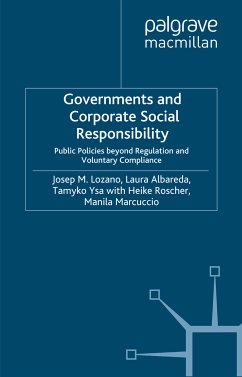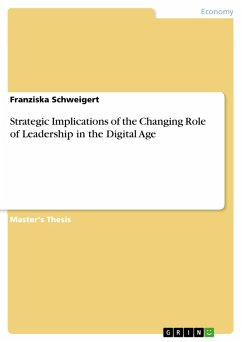Master's Thesis from the year 2021 in the subject Business economics - Business Management, Corporate Governance, University of Mannheim, language: English, abstract: This work was the first attempt at creating and assessing a framework of governments role within the open social innovation space as well as testing the roles correlation with perceived project success. Open social innovation (OSI) is a framework applicable in the context of social issues in an increasingly complex world. It is an extension of open innovation (OI) into the social sphere, particularly incorporating concepts of social innovation (SI). OI is conceptualized as innovation, based on the flow of information beyond and across organizational limits. SI is concerned with providing or developing goods with public goods characteristics, hence non-excludable and non-rivalrous goods, contributing to societal well-being. Thus, SIs are addressing non-monetary objectives, such as social needs or social values. Thus, OSI is defined as innovation founded interorganizational knowledge flows along a business model to derive social change. Innovation is generally described as part of the process ensuring organizations survival and growth by renewing services, products or processes. SI, and consequentially OSI, can be characterized by an absence of financial incentives for participation and are thus generally at risk of being underproduced. Recent research indicates that the involvement of governments in OSI projects might bridge this shortfall, and that governments' engagement might be a crucial determinant of OSI as well as of its potential outcomes. However, it is hitherto unclear how governments act within OSI.
Dieser Download kann aus rechtlichen Gründen nur mit Rechnungsadresse in A, B, BG, CY, CZ, D, DK, EW, E, FIN, F, GR, HR, H, IRL, I, LT, L, LR, M, NL, PL, P, R, S, SLO, SK ausgeliefert werden.









